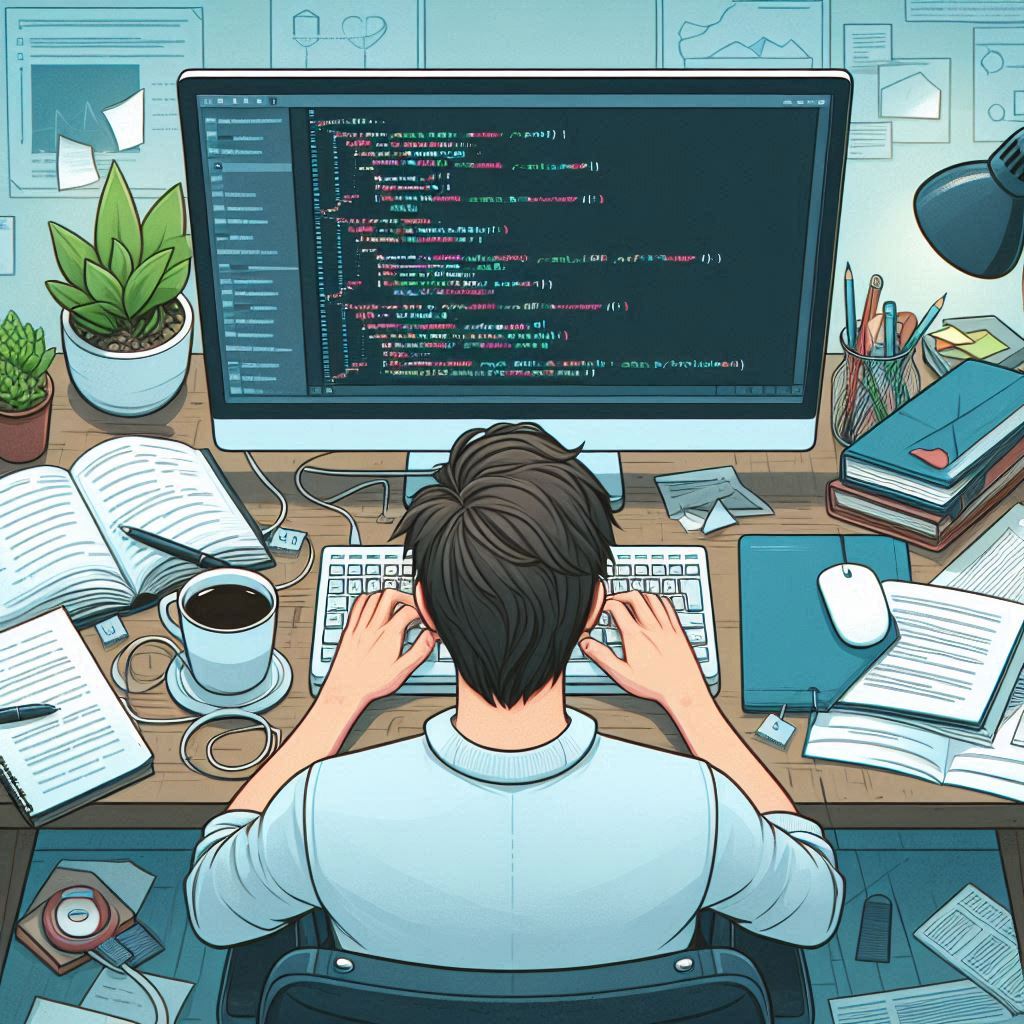Learn C++ from Beginner to Advanced

Welcome to our comprehensive guide on learning C++! We'll take you through the basics to advanced topics, ensuring you have a strong foundation in this powerful programming language.
Part 1: Getting Started with C++
1. Introduction to C++
C++ is a general-purpose programming language created by Bjarne Stroustrup as an extension of the C programming language. It is known for its performance and is widely used in software development for systems, applications, game development, and more.
2. Setting up Your Development Environment
To write and execute C++ programs, you need an IDE (Integrated Development Environment). Popular choices include:
- Visual Studio Code: Lightweight and supports many languages with extensions.
- Code::Blocks: A free C++ IDE that comes with a compiler.
- CLion: A powerful IDE from JetBrains (paid, with a free trial).
Install one of these IDEs along with a C++ compiler like GCC (GNU Compiler Collection).
3. Basic Syntax
Here's your first C++ program, a simple "Hello, World!":
#include <iostream> // Preprocessor directive for input-output stream
int main() {
std::cout << "Hello, World!" << std::endl; // Output to console
return 0; // End of the program
}This program includes the standard input-output stream library, defines the main function, and outputs "Hello, World!" to the console.
Try it yourself:
- Open your IDE.
- Create a new C++ file (e.g.,
hello.cpp). - Copy the above code into the file.
- Compile and run the program.
Part 2: Core C++ Concepts
4. Functions
Functions are a fundamental part of C++. They allow you to modularize your code by breaking it down into smaller, reusable sections. Here are the key concepts:
- Function Declaration and Definition
- Parameter Passing (by value, by reference)
- Inline Functions
- Function Overloading
- Recursion
5. Arrays and Strings
Arrays and strings are essential for handling collections of data and text in C++. You'll learn about:
- Arrays
- Multidimensional Arrays
- Strings and C-String Functions
6. Pointers
Pointers provide a powerful way to manage memory and interact with arrays and functions:
- Pointer Basics
- Pointer Arithmetic
- Pointers and Arrays
- Pointers and Functions
- Dynamic Memory Allocation
7. References
References are an alternative to pointers that provide a safer way to pass and manipulate data:
- Reference Variables
- Passing by Reference
Part 3: Object-Oriented Programming (OOP)
8. Classes and Objects
Classes and objects are the foundation of OOP in C++. You'll explore:
- Class Definition
- Access Specifiers
- Member Functions
- Constructors and Destructors
thisPointer
9. Inheritance
Inheritance allows you to create a new class based on an existing class. Types of inheritance include:
- Single Inheritance
- Multiple Inheritance
- Multilevel Inheritance
- Hierarchical Inheritance
- Hybrid Inheritance
- Access Control and Inheritance
10. Polymorphism
Polymorphism enables objects to be treated as instances of their parent class rather than their actual class. Key concepts are:
- Function Overriding
- Virtual Functions
- Abstract Classes
- Pure Virtual Functions
11. Operator Overloading
Operator overloading allows you to redefine the way operators work for user-defined types:
- Overloading Unary and Binary Operators
- Overloading with Friend Functions
Part 4: Advanced Topics
12. Templates
Templates allow you to write generic programs. You'll learn about:
- Function Templates
- Class Templates
- Template Specialization
13. Exception Handling
Exception handling provides a way to react to exceptional circumstances (like runtime errors) in your program:
try,catch,throw- Standard Exceptions
14. File Handling
File handling is essential for reading from and writing to files:
- File Streams
- Reading from and Writing to Files
- File Modes
15. Standard Template Library (STL)
The STL is a powerful set of C++ template classes to provide general-purpose classes and functions:
- Introduction to STL
- Containers (vector, list, map, etc.)
- Iterators
- Algorithms
16. Advanced Concepts
Advanced concepts to explore once you are comfortable with the basics:
- Lambda Expressions
- Smart Pointers
- Move Semantics
- Multithreading
Practical Project
To reinforce your learning, we'll build a practical project integrating many of the concepts learned throughout the course. Stay tuned for detailed instructions on this!

Post a Comment